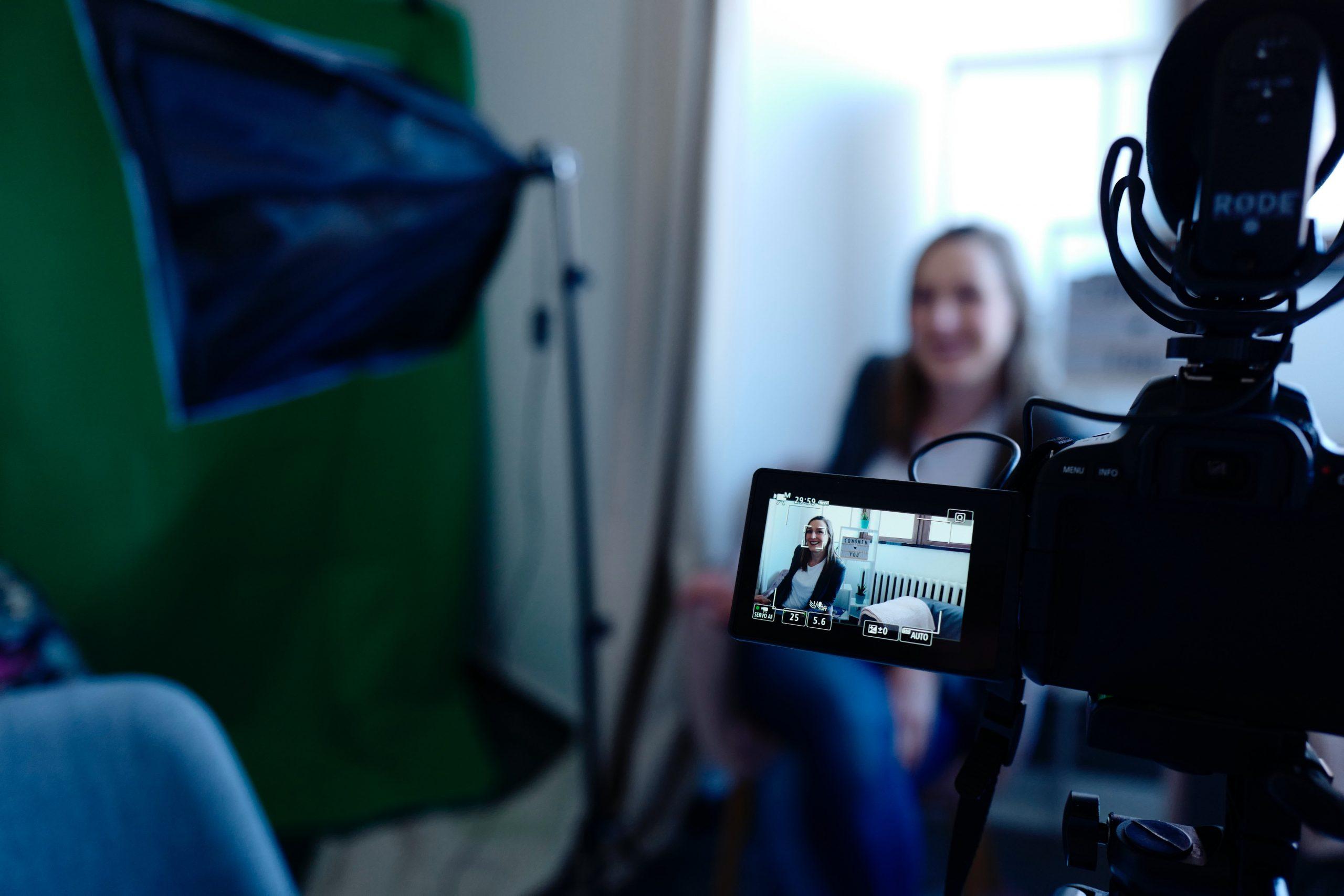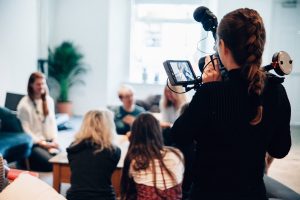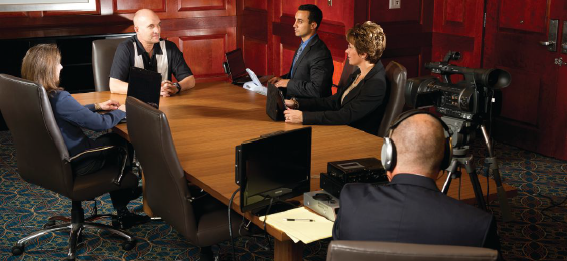The Role of Legal Videography in Depositions and Tests
Lawful videography has arised as a necessary tool in both depositions and tests, supplying a multifaceted technique to recording witness statements. As lawful experts significantly acknowledge its worth, it prompts a much deeper examination of just how these visual documents can influence juror assumptions and trial results.

Significance of Lawful Videography
Legal videography plays a crucial role in the paperwork and discussion of depositions and trials. This specialized field integrates technical abilities with lawful understanding to create a reputable document of procedures that can significantly affect instance outcomes. The visual element of legal videography improves the understanding of witness testament, permitting jurors and judges to observe not only the spoken words however additionally the disposition, emotions, and body movement of the witnesses.
In enhancement, lawful videography provides an objective account of events, minimizing the potential for misconception that can accompany created records alone. This aesthetic documents acts as a critical device throughout test discussions, promoting a more clear and even more persuasive narrative for both plaintiffs and accuseds. Moreover, the capacity to replay video clip segments during court proceedings allows lawful teams to highlight crucial points, enhancing their arguments efficiently.
The value of lawful videography prolongs beyond the court; it likewise plays an important function in preserving evidence for future referral, whether for allures or additional legal action. Its combination into the lawful procedure is important for ensuring a reasonable and accurate depiction of the truths, ultimately contributing to the search of justice.

Process of Legal Videography
While catching the nuances of depositions and trials, the procedure of lawful videography includes several vital actions that ensure top notch, accurate recordings. A professional legal videographer prepares by evaluating the situation products and recognizing the certain needs of the deposition or trial. This prep work consists of acquainting themselves with the individuals and the context, which assists in recording pertinent details.
On the day of the recording, the videographer sets up the necessary equipment, which generally includes high-definition video cameras, microphones, and appropriate illumination. Making certain ideal angles and audio high quality is crucial, as it directly affects the effectiveness of the recording. The videographer connects with lawyers and participants to establish methods, making certain that every person recognizes the recording procedure.
During the deposition or test, the videographer carefully records the process, paying close focus to both spoken and non-verbal cues. This consists of recording the disposition and reactions of witnesses and attorneys. After the session ends, the videographer might edit the video for clearness and compliance with lawful requirements, producing an end product that precisely reflects the process for future recommendation and use in lawful contexts.
Benefits in Depositions
The consolidation of videography in depositions offers countless advantages that enhance the total procedure of collecting proof. One key benefit is the ability to record witness testaments with aesthetic and acoustic integrity, supplying a more exact representation of the witness's disposition, tone, and body language. This multidimensional strategy enables lawyers and courts to examine reputation extra properly than typical written records alone.
Furthermore, videographed depositions act as an effective device for preserving testament. Ought to a witness become inaccessible for trial, their videotaped deposition can be played in court, making sure that their evidence stays accessible and pertinent. This element significantly reduces the danger of losing vital info that can affect instance results.

Last but not least, videography enhances the total professionalism and reliability of the deposition procedure, instilling confidence in clients relating to the thoroughness of their lawful depiction (legal videography). By leveraging innovation, lawyers can significantly enhance the efficiency of depositions
Influence on Trials
In several tests, the combination of videography can considerably influence the discussion of proof and the jury's perception. Lawful videography catches witness statements and crucial evidence in a vibrant style, allowing jurors to involve with the product on multiple degrees. This aesthetic component improves the storytelling aspect of a test, supplying context and psychological resonance that conventional text-based proof might lack.
In addition, video recordings can function as effective tools for impeachment throughout cross-examination. When discrepancies emerge between a witness's previous statements and their court room statement, video clip evidence gives an objective referral that can persuade jurors' opinions. This immediacy and clearness can bolster the reliability of a party's story while at the same time threatening opposing disagreements.

Future Trends in Legal Videography
As we look toward the future of legal videography, numerous emerging trends guarantee to improve its duty within the courtroom. One significant fad is the assimilation of artificial intelligence (AI) in video evaluation and editing and enhancing. AI can simplify the procedure of identifying vital moments in taped depositions, allowing lawyers to quickly access relevant content, thereby improving effectiveness in instance prep work.
In addition, the surge of digital truth (VR) and enhanced reality (AR) technologies is anticipated to change exactly how jurors experience evidence. legal videography. By submersing jurors in a substitute atmosphere, these technologies can give an extra extensive understanding of complicated situations, resulting in even more enlightened considerations
Additionally, the boosting demand for remote depositions, accelerated by the COVID-19 pandemic, will likely proceed. Lawful videographers will certainly require to adjust to new software and platforms to ensure high-quality recordings in digital setups.
Lastly, the expanding focus on see it here data safety and security will require stricter procedures for storing and sharing video clip proof. As the legal landscape advances, legal videographers must stay abreast of these fads to maintain their importance and effectiveness in the judicial procedure.
Conclusion
In summary, lawful videography offers an essential function in the judicial procedure, boosting the integrity of depositions and trials. As modern technology continues to develop, legal videography is poised to further transform its function within the lawful landscape.